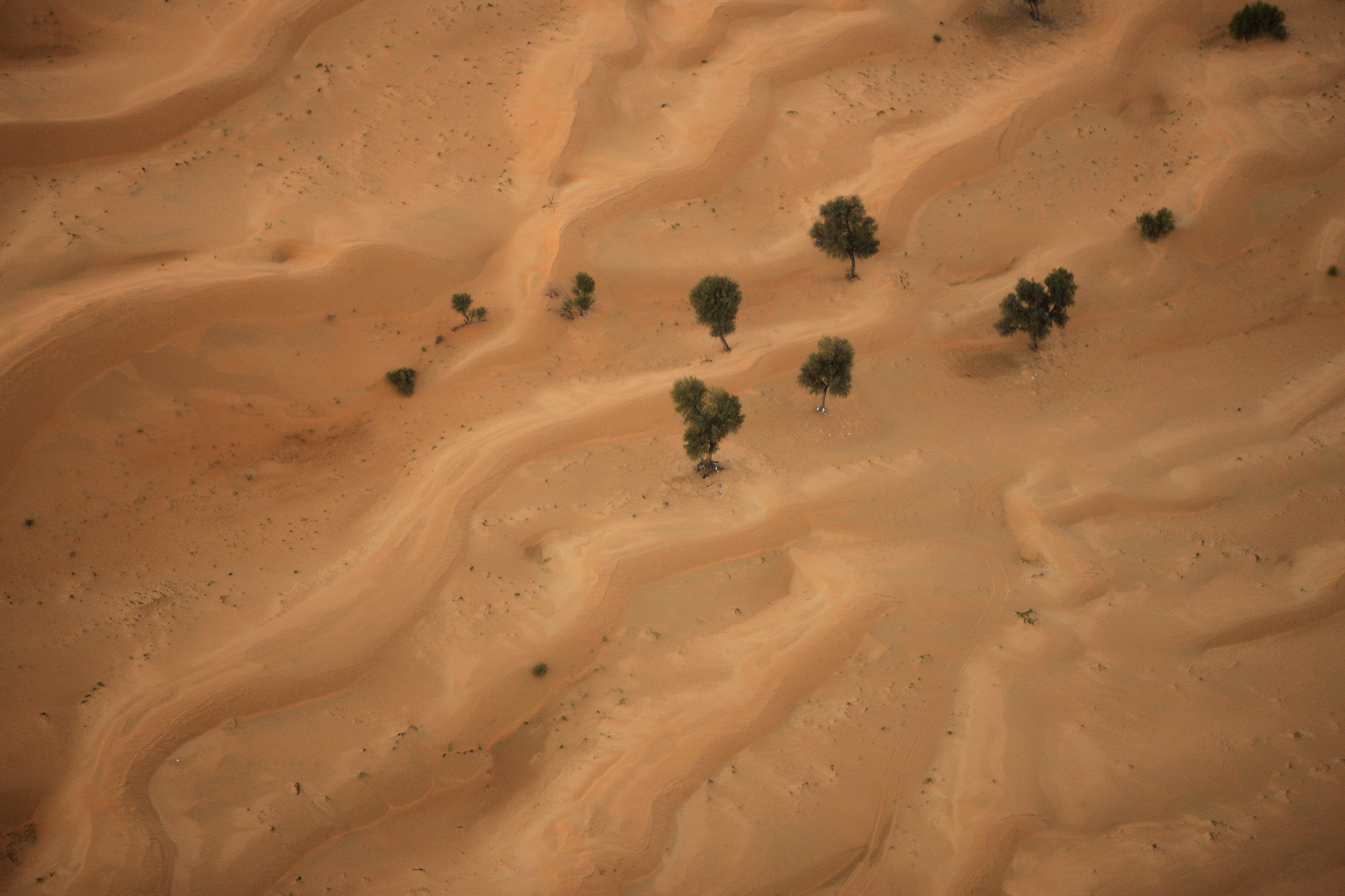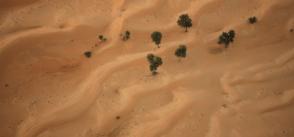
Growing out of protracted crisis in the Middle East and North Africa
The Arab world’s per capita consumption and importation of grain is the largest amongst all regions in the world although other regions, such as Asia, have much larger population sizes. By 2010, the region imported 65.8 million tons of cereals. This figure was far larger than the imports for Asia, which was 58.8 million tons in the same year.
However, the MENA region did not place sufficient priority on agriculture until the 2008 food price crisis, when the spike in food prices presented the Arab ministries of Finance and Planning a higher-than-usual food importation bill.
According to Dr. Solh, very few countries in the MENA region had started to prioritize agricultural research and development before the food price crisis. Countries, like Morocco, Syria and Egypt, that also happen to be not wholly reliant on oil, had realized that agricultural development actively contributed to overall economic development. They understood that this contribution was not just in terms of food production, but that agricultural development activated other sectors of the economy, like transport and infrastructure. It also improved employment opportunities within a variety of sectors in the economy.
[Full article here | Photo by Cliff Hellis]







